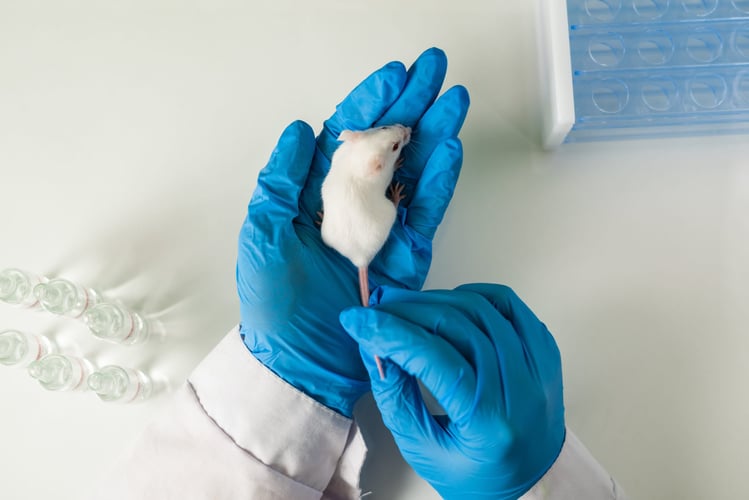Does your organization conduct or outsource testing to an Animal Research Facility? If so, are you aware of the changes that have been implemented to the AWA (Animal Welfare Act) by the Animal and Plant Health Inspection Service (APHIS) and what this means for your facility or research study?
Final Rule Amending Animal Welfare Act
On November 23, 2021, the United States Department of Agriculture’s (USDA) Animal and Plant Health Inspection Service (APHIS) announced a final rule amending the AWA regulations to help reduce duplicative requirements and the administrative burden on research facilities while continuing to ensure human animal care. This change was in response to the requirements under the 21st Century Cures Act, which directs the USDA to work with the Food and Drug Administration (FDA) and the National Institute of Health (NIH) to complete a review of regulations and policies for the care and use of laboratory animals. The changes apply to registered facilities that use animals to conduct research, teaching, testing and experimentation and the final rule went into effect on December 27, 2021.
What Does This Mean for Your Facility?
Changes implemented include:
- Eliminating the redundant requirement to update facility registration every three years. Facilities are already required to notify APHIS of any changes affecting its status of a research facility, within ten days after making a notifiable change.
- Clarifying the terms for registration and termination. Clearly stating that a research facility registration will no longer be valid if a research facility voluntarily requests registration termination; fails to file an annual report of animal use for two consecutive years, or other changes in business status.
- Eliminating the requirement for a research facility that has not engaged animal use for a at least two years to request being placed on an inactive status.
- Replacing annual review of protocols already approved by the IACUC with a requirement to conduct a complete review of IACUC-approved protocols at 3-year intervals instead. Resulting in a protocol remaining valid for three years after IACUC approval. This harmonizes APHIS’ protocols with that of the NIH into one timeline.
- Eliminating the requirement for facility chief executive officer or institutional official signatures on the Annual Report to guard against identity theft.
All of these changes are implemented at the Institutional level and are centered around minimizing administrative burden and duplicative requirements from a facility’s Institutional Animal Care and Use Committee (IACUC). These changes are a great example of how regulations can be harmonized to reduce facility obligations and improve compliance; exemplifying not all changes are bad.
Get Help for Your Animal Research Projects
Clinical and nonclinical research is a revolving door of new and revised regulations. At ProPharma Group our team of experts can help your facility stay in front of such regulations.
TAGS: Life Science Consulting


